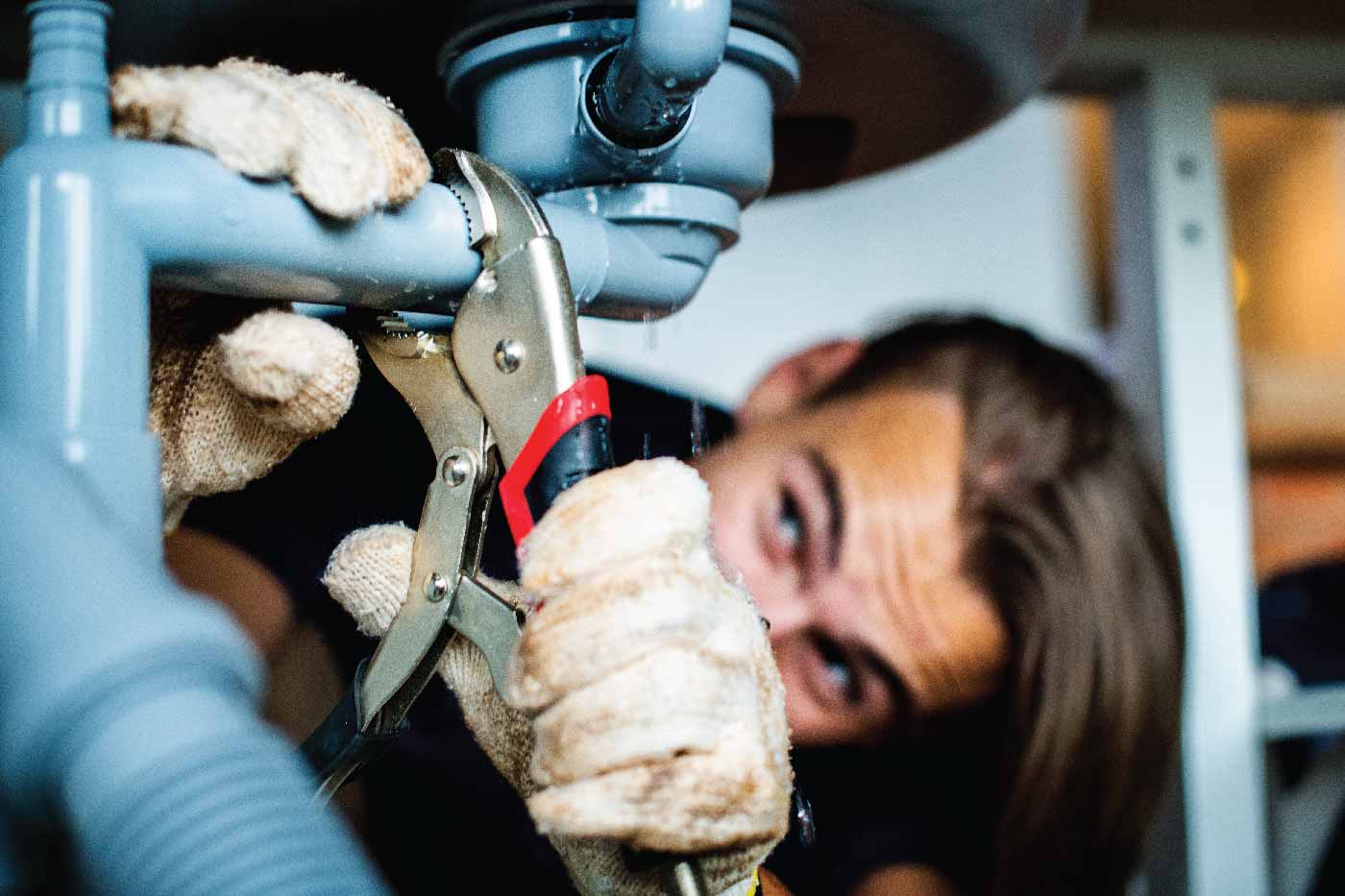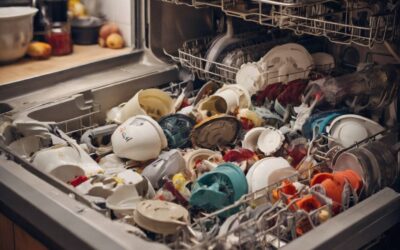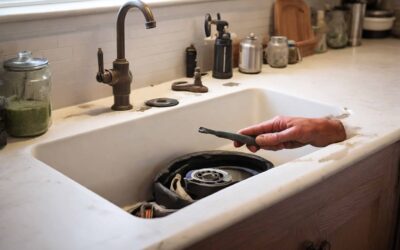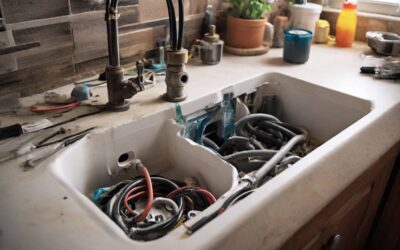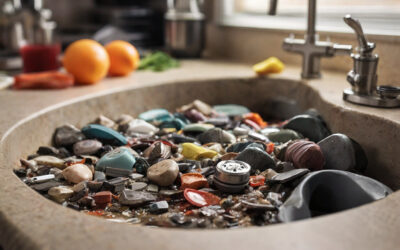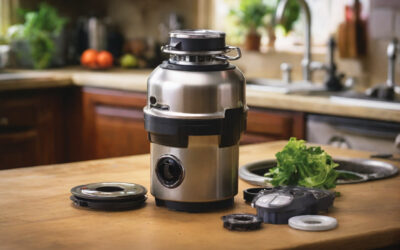Backflow preventer leakage is like a nightmare to homeowners. Because this poses threats to health as well as the integrity of the whole house. So, when you have a backflow problem you are generally dealing with twice the suffering. On this, it’s better to know how to stop a backflow preventer from leaking.
To prevent backflow leakage first check for any cracks or loose fittings and repair or replace them accordingly. Additionally, ensure that all valves are fully shut off and properly sealed.
Regularly inspect and clean the backflow preventer to prevent any debris or buildup that could lead to leaks. Here in this article, we will explain how to stop a backflow preventer from leaking effectively. Which will ensure the proper maintenance and better integrity of your plumbing system.
Causes Of Backflow Preventer Leakage
Leakage from a backflow preventer is a common problem for many homeowners. Several causes can contribute to this problem. Seals that are worn out are one of the main causes. The backflow preventer’s seals may deteriorate over time, causing leaks.
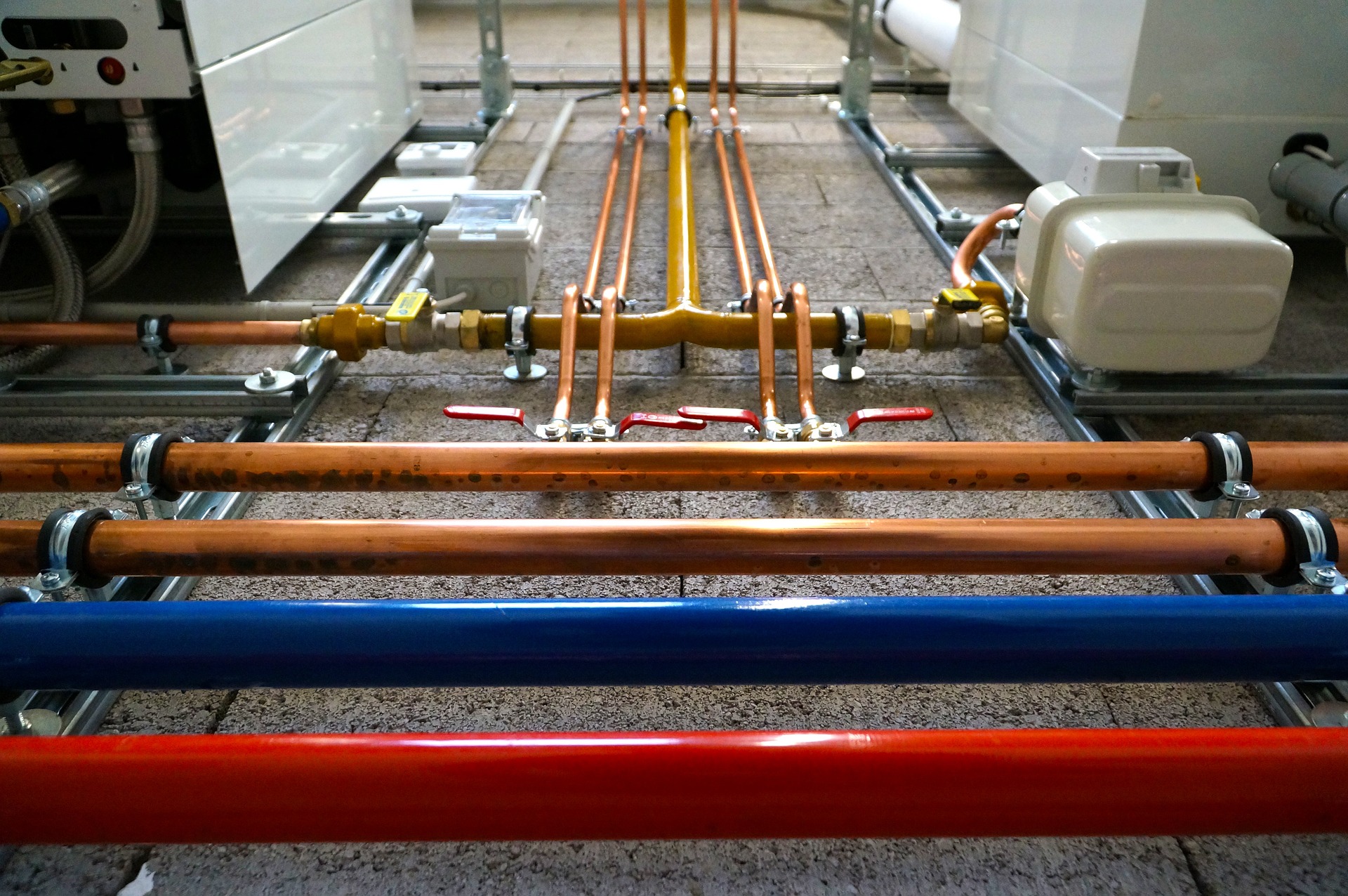
Another potential reason is high water pressure. High pressure can put a stain. Which results in leaking as a result of excessive water pressure. Inadequate installation is another possibility. Normally, the backflow preventer will not work accordingly with improper installation. Which could lead to leakage.
To forestall reverse preventer spillage, it is essential to examine and supplant broken-down seals consistently. Leak prevention requires pressure control and monitoring. It is essential to recruit an expert who is knowledgeable about introducing discharge preventers accurately to guarantee that the framework is working appropriately. Homeowners can avoid the hassle and potential damage of a leaking backflow preventer by taking these preventative measures.
Signs Of Backflow Preventer Leakage
Backflow preventers play a crucial role in maintaining the integrity of a plumbing system. It’s important to be aware of the signs of backflow preventer leakage. This will help to address the problem promptly also with ease.
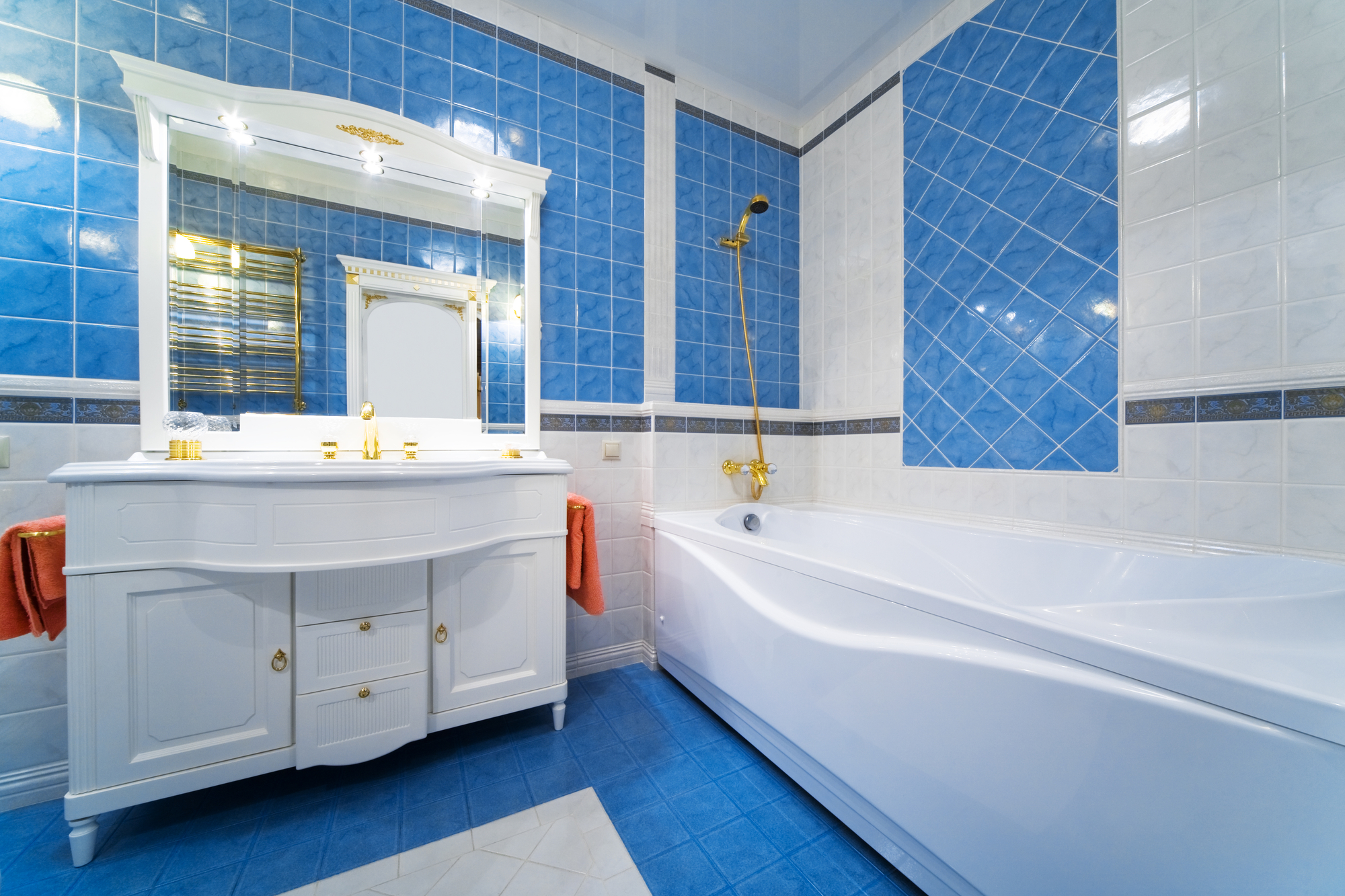
One indication is visible water leakage around the backflow preventer. This can manifest as dripping or pooling water near the device. Another sign is reduced water pressure throughout the plumbing system. If you notice a decrease in water flow, it could be due to a leaking backflow preventer.
Additionally, a potential consequence of a leaking backflow preventer is water contamination. If the device fails to prevent the reverse flow of water. It leads to water contamination through mixing with substances while posing health risks.
To prevent backflow preventer leakage, regular inspections and maintenance are crucial. But for a better solution to the leakage problem, It’s a recommendation to hire an expert. They will explore and address any issues promptly as well as provide solutions for better results.
Steps To On how to stop a backflow preventer from leaking
Inspect and Replace Seals
Make sure the backflow preventer’s seals are intact and in good condition with regular inspection. To stop backflow in drains, immediately replace the seals if they show any signs of wear.
Install a Pressure Regulator
Installing a pressure regulator can help regulate the water pressure in the system, preventing excessive pressure that can lead to a backflow preventer leaking.
Properly Adjust the Pressure
The backflow preventer’s pressure settings must have proper adjustments to stay within the perfect range. This will forestall reverse in channels and limit the gamble of a spilling discharge preventer.
Check Valve Seals
Inspect the check valves in the backflow preventer to ensure they are sealing correctly. Adjust or replace them as needed to maintain proper functionality.
Check and Correct Installation Issues
Consistently investigate the establishment of the reverse preventer to distinguish any issues that could add to spillage. If you want to keep a backflow preventer from leaking, it’s important to fix problems with the installation right away.
Maintenance Practices For Backflow Preventers
Regular inspections, cleaning, and lubrication are crucial maintenance practices. Proper maintenance of these devices ensures their efficient functioning. Ultimately helping to minimize the risk of backflow in drains.
Inspecting the backflow preventer regularly allows for early detection of damages. During inspections, look for visible leaks, cracks, or worn-out parts. They are likely to cause the preventer to leak.
Cleaning the preventer removes any debris or sediment. Which accumulates over time and affects its performance. Lubricating the moving parts helps to maintain their smooth operation and prevents friction-induced leaks.
In addition to regular inspections, it is essential to conduct annual testing and certification to verify the preventer’s effectiveness and compliance with regulations. If you can do this practice properly it can greatly contribute to preventing a leaking backflow preventer. While ensuring the overall safety of the drainage system.
When To Seek Professional Help
Complex Repairs
If you are done with the basics but there is no success. Well, then it’s time you go up to call in a professional. Complex repairs require professional knowledge and tools that an expert plumber can provide. Their diagonalization is accurate and without any issues. They will admit the necessary repair your system will require for better performance. Their expertise will ensure the job is done correctly and prevent further damage to your plumbing system.
Legal Compliance Issues
Fixing a leaking backflow preventer is not only crucial for the proper functioning of your drainage system but also for legal compliance. Backflow preventers are required by law in many areas and must be maintained in good working condition. If you are unable to resolve the leakage issue on your own, it is advisable to seek professional help to avoid potential legal consequences.
Conclusion
So learning how to stop a backflow preventer from leaking is a knowledge all should know about. Preventing a backflow preventer from leaking is essential for maintaining a healthy water system. By following the steps you can effectively troubleshoot and resolve issues with your backflow preventer. Which will ensure a reliable and efficient performance. Taking proactive measures to address leaks will ultimately contribute to the overall safety and functionality of your plumbing system.

